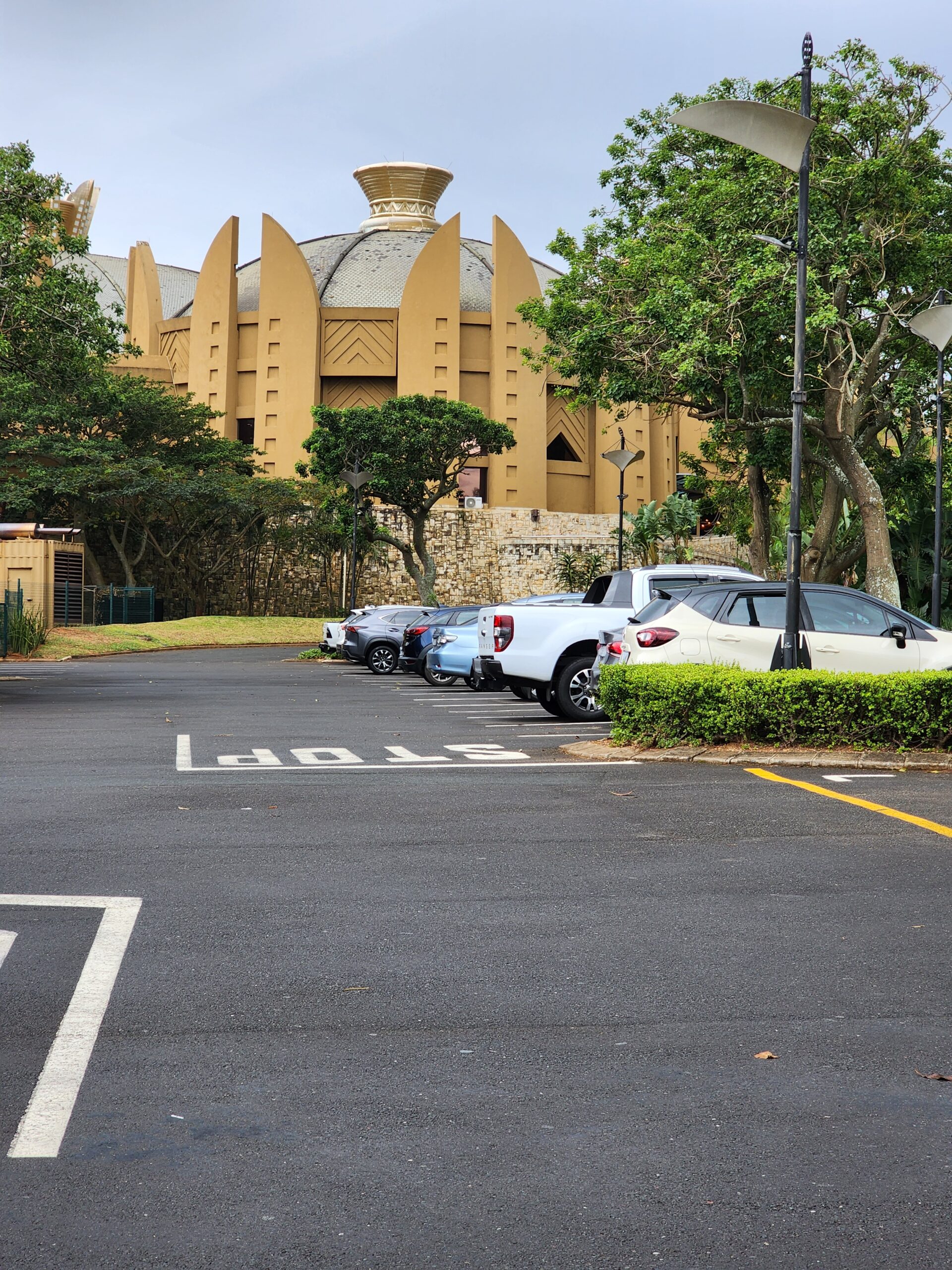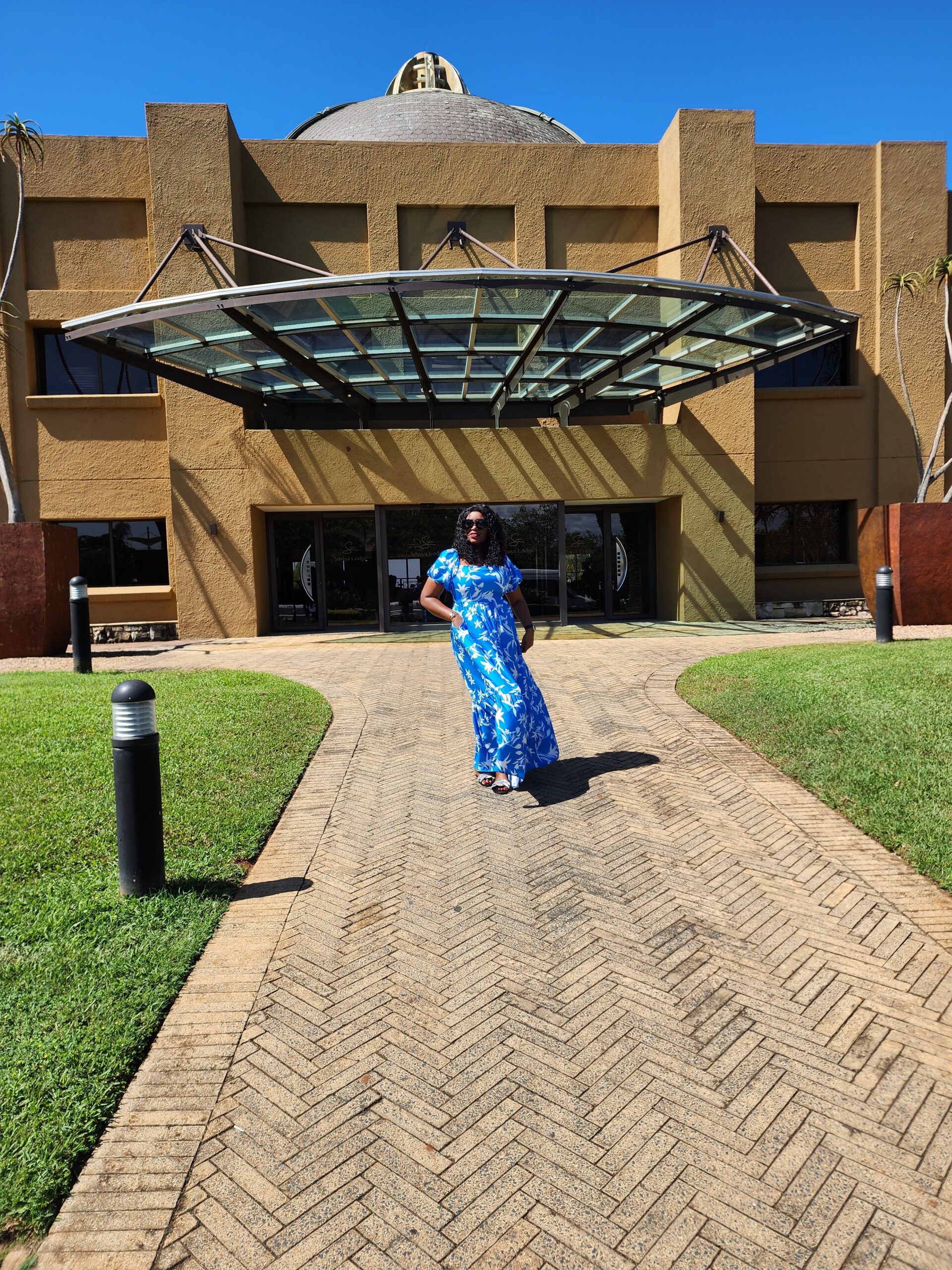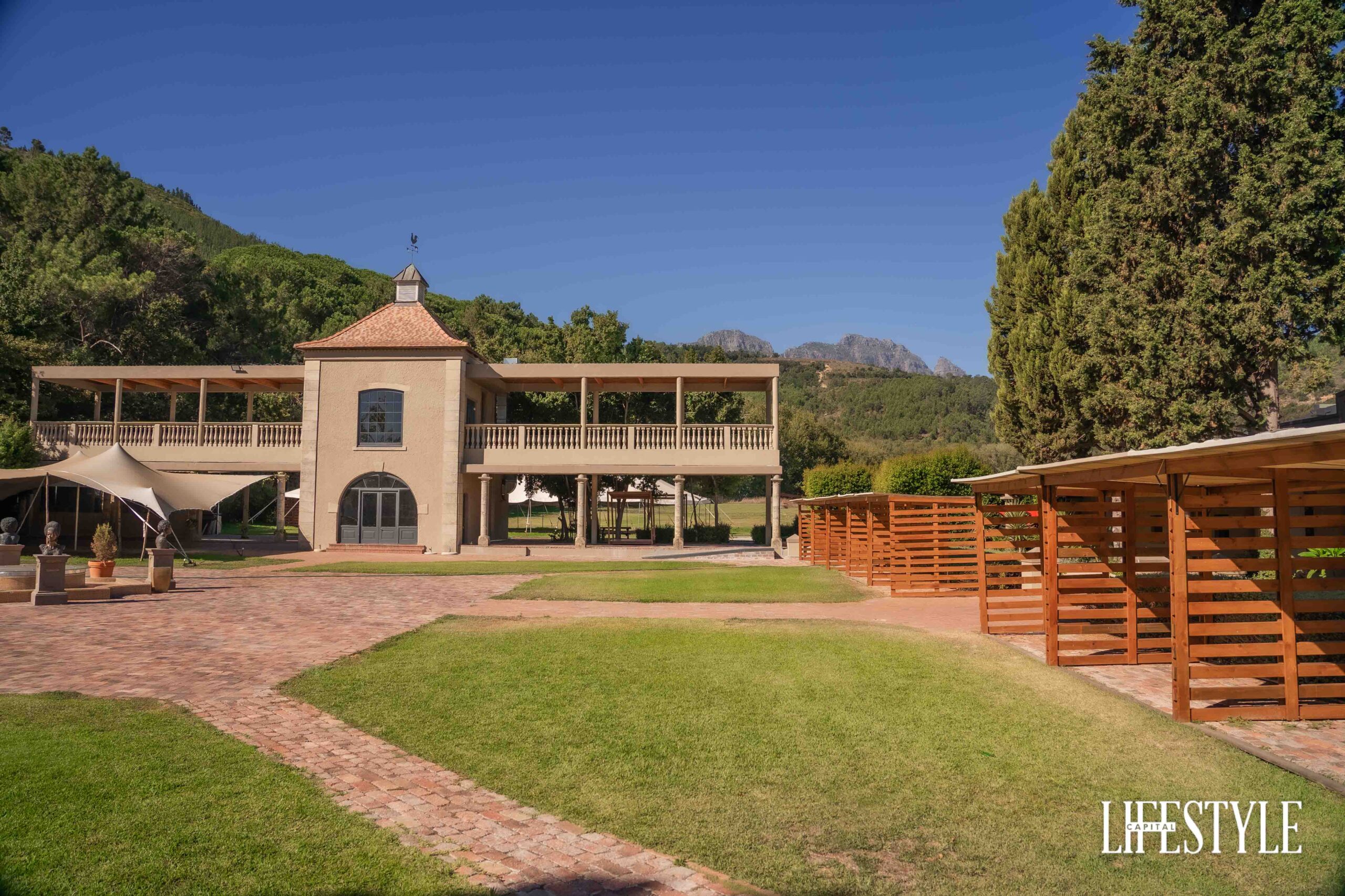Attorney General, Mulilo Kabesha has told the Constitutional Court that “unnatural sex,” provided by
section 155(a)(c) of the penal code includes sex between persons of the same-sex and also sex between a male and a female person.
In his answer to a petition before the constitutional court, Mr Kabesha stated that section 155(a)(c) prohibits sexual acts that are “against the order of nature” between men and women, or between persons of the same sex.
This submission forms part of the state’s defence in a legal challenge brought by governance activist Isaac Mwanza and the Zambian Civil Liberties Union, who argue that section 155(a)(c) of the penal code contravenes article 18(8) of the constitution as it is written in unclear terms.
In his defence, the Attorney General referred to a Nigerian case, stating that the word “nature” as used in the Penal Code refers to God and submitted that any sexual act contrary to the order of nature, whether between individuals of the same sex or opposite sexes, is criminal under section 155.
Mr. Kabesha further argued that the law is justified and does not contravene constitutional protections under Articles 17(1), 19, and 23(1)(2) of the Penal Code.
The petitioners had earlier in their submissions argued that section 155(a)(c) is vague, ambiguous, and overly broad as it fails to define clearly what constitutes sexual acts against the order of nature between men and women.
They argued that laws that lack clarity infringe on constitutional protections by criminalizing undefined behaviour, thereby casting the net too wide to include unintended targets.
The petitioners contended that laws must have clear boundaries and establish objective standards to ensure fair application, as required by article 18 of the constitution.
They alleged that overbroad legislation criminalizes even consensual sexual acts between couples, including those between a husband and wife, if deemed contrary to the order of nature.
The case continues before the Constitutional Court, where the clarity, constitutionality, and scope of section 155(a)(c) of the penal code remains under scrutiny.


















0 Comments